Understanding Puppy Training Basics
When you bring a puppy into your home, you embark on a journey filled with excitement, joy, and responsibility. One of the most crucial aspects of pet ownership is training your puppy effectively. With the right training, your furry friend will develop essential social skills, obedience, and good behavior, setting the foundation for a lifelong companionship. In Houston, where diverse lifestyles and environments exist, it’s essential to tailor your puppy training approach. Puppy training Houston offers various resources that can support this critical phase.
The Importance of Early Training
Early training is vital for puppies, as their formative months shape their long-term behavior and adaptability. Puppies are typically most receptive to learning between 8 to 16 weeks of age. This period is often referred to as the critical socialization window. During this time, exposing your puppy to different experiences, people, and environments is crucial in preventing future behavioral issues.
Studies indicate that puppies who undergo positive socialization during this crucial phase exhibit fewer signs of anxiety and aggression as adults. Not only does early training pave the way for a well-adjusted adult dog, but it also strengthens the bond between you and your puppy through mutual understanding and trust.
Different Training Methods Explained
In the realm of puppy training, various methods are available, each with its own set of philosophies and techniques. Here are some of the most commonly used training methods:
- Positive Reinforcement: This method involves rewarding desired behaviors with treats, praise, or toys. It’s effective because it encourages dogs to repeat the behavior to receive rewards.
- Clicker Training: A form of positive reinforcement that uses a clicker (a small handheld device that makes a clicking sound) to mark the desired behavior, followed by a reward. This method helps puppies learn to associate the sound with a behavioral reward.
- Border Training: This approach helps define boundaries in your home for your puppy. It teaches them where they can and cannot go, which fosters understanding and control.
- Obedience Training: Basic commands like sit, stay, and come are taught through various methods. The goal is to instill discipline and ensure the puppy understands how to respond to commands.
Common Puppy Behavioral Challenges
Puppies are full of energy and curiosity, which can lead to behavioral challenges. Some common issues include:
- House Training Accidents: Young puppies may have accidents inside the house if they haven’t been properly house trained. This requires consistent schedule adherence, positive reinforcement, and patience.
- Biting and Nipping: This behavior is natural for puppies, but it can become problematic. The key is to redirect their biting onto appropriate toys and provide consistent feedback when they bite people’s hands or feet.
- Separation Anxiety: Puppies may experience anxiety when left alone. Gradual desensitization to being alone, combined with a comfortable and secure environment, can help ease their anxiety.
- Excessive Barking: A barking puppy is often expressing excitement, fear, or a need for attention. Identifying the cause and addressing it can help reduce unnecessary barking.
Getting Started with Puppy Training in Houston
Before embarking on the puppy training journey, it’s essential to have a systematic approach. Here are steps to effectively start training your new furry family member in Houston.
Finding the Right Trainer for Your Puppy
Choosing the right trainer is crucial in shaping your puppy’s learning experience. Houston boasts various qualified pet trainers with different training methodologies. Consider the following when selecting a trainer:
- Certification: Look for trainers certified by recognized organizations. This ensures a standardized knowledge of training practice.
- Training Style: Different trainers may prefer different methods. Decide if you want a trainer that uses positive reinforcement, and ensure their philosophy aligns with yours.
- References and Reviews: Seek recommendations from other puppy owners in Houston and read online reviews to gauge a trainer’s effectiveness.
- Trial Class: Many trainers offer a trial class. Attend one with your puppy to assess the trainer’s compatibility.
Essential Supplies for Training Success
Having the right supplies can significantly impact the effectiveness of your training sessions. Essential items include:
- Training Treats: Small, soft, and high-value treats work best for rewarding desirable behavior.
- Leash and Collar: Choose a sturdy leash and a comfortable collar or harness for your puppy during training excursions.
- Training Clicker: If you opt for clicker training, make sure to have a clicker handy to reinforce desired behaviors effectively.
- Puppy Pads: For house training, pads can help in managing accidents as you teach your puppy where to go.
Creating a Training Schedule
Establishing a consistent training schedule is vital for effective learning. Puppies typically respond best to short, frequent training sessions. A recommended approach is:
- Session Duration: Keep training sessions to about 5-10 minutes for younger puppies.
- Frequency: Aim for multiple sessions throughout the day.
- Consistency: Try to maintain a routine, training at the same time daily to establish patterns.
Techniques for Effective Puppy Training
Training your puppy effectively requires implementing various techniques. Combining methods may yield the best results for your specific puppy’s needs.
Positive Reinforcement Strategies
Positive reinforcement is one of the most effective training methodologies for puppies. It involves rewarding your puppy for good behavior to increase the likelihood that the behavior will be repeated. Here are some strategies:
- Timing is Everything: Ensure you reward your puppy immediately after the desired behavior to create a strong association.
- Variety of Rewards: Use a mix of treats, praise, and playtime to keep the training engaging.
- Gradual Challenges: Start with simple commands and gradually increase the complexity as your puppy becomes more skilled.
Using Clicker Training for Commands
Clicker training is a great way to achieve precise communication in training sessions. It works by marking the exact behavior you want to reinforce with a click sound, followed by a reward. Key steps include:
- Introduce the Clicker: Before training commands, teach your puppy to associate the click sound with treats. Click and treat a few times to establish this connection.
- Mark Desired Behavior: Every time your puppy performs a wanted action, click immediately followed by a treat.
- Practice Regularly: Use the clicker for various commands to reinforce learning and build command recognition.
Socializing Your Puppy: Why It Matters
Socialization is an integral part of puppy training. It helps them learn to interact appropriately with other animals, people, and their surroundings. Here are some effective socialization techniques:
- Varied Environment Exposure: Take your puppy to different locations such as parks, stores, and busy streets to introduce them to varied sights, sounds, and smells.
- Controlled Interaction: Arrange playdates with well-behaved dogs to provide safe opportunities for social interaction.
- Positive Experiences: Ensure all interactions are positive experiences. Use treats and praise during these encounters to build your puppy’s confidence.
Advanced Puppy Training Tips
Once the basics are mastered, you can move on to advanced training techniques to enrich your puppy’s learning experience.
Teaching Key Commands: Sit, Stay, Come
Fundamental commands form the basis of obedience and safety for your puppy. Here’s how to teach these essential commands:
- Sit: Hold a treat above your puppy’s nose and move it slowly backward over their head. As their head goes back, their bottom will lower. Once seated, click and treat.
- Stay: Ask your puppy to sit, then open your hand in front of you and use the command “stay.” Gradually increase the distance before rewarding.
- Come: Use a long leash in a safe area. Step back and enthusiastically call your puppy, rewarding them when they reach you.
Housebreaking and Crate Training Techniques
Housebreaking and crate training can significantly help with managing your puppy’s urinary and bowel habits. Techniques include:
- Consistent Outdoor Routine: Take your puppy outside frequently, especially after eating and waking up.
- Praise for Doing Right: Whenever your puppy eliminates outside, immediately praise and reward them.
- Crate Comfort: Make the crate comfortable while encouraging positive associations by using treats and toys inside the crate.
Addressing Common Distractions
Distractions are inevitable during training, especially in a bustling city like Houston. To manage distractions effectively:
- Start in a Quiet Environment: Begin training in a calm space where there are minimal distractions, gradually introducing more stimulating environments.
- Focus and Redirection: When distractions arise, focus your puppy’s attention on you, using treats or toys to redirect their attention back to training.
- Stay Calm: Your demeanor will influence your puppy. Stay calm and assertive, which helps them feel secure.
Resources and Support for Puppy Owners in Houston
As a puppy owner in Houston, you have access to a wealth of resources and support that can aid in your training journey.
Local Puppy Training Classes and Facilities
Houston offers a multitude of training facilities and classes. Many establishments specialize in puppy training, offering socialization opportunities, classes for various skill levels, and trained professionals. Be sure to visit their websites or call to ask about their training programs and schedules.
Online Resources for Ongoing Training
There are numerous online resources available providing valuable guides on puppy training. Websites, video tutorials, and forums can serve as excellent supplementary materials to your hands-on training.
Connecting with Other Puppy Owners for Advice
Interacting with fellow puppy owners can provide encouragement and valuable insights. Local dog parks, social media groups, and meetups can be invaluable in sharing experiences, advice, and resources.
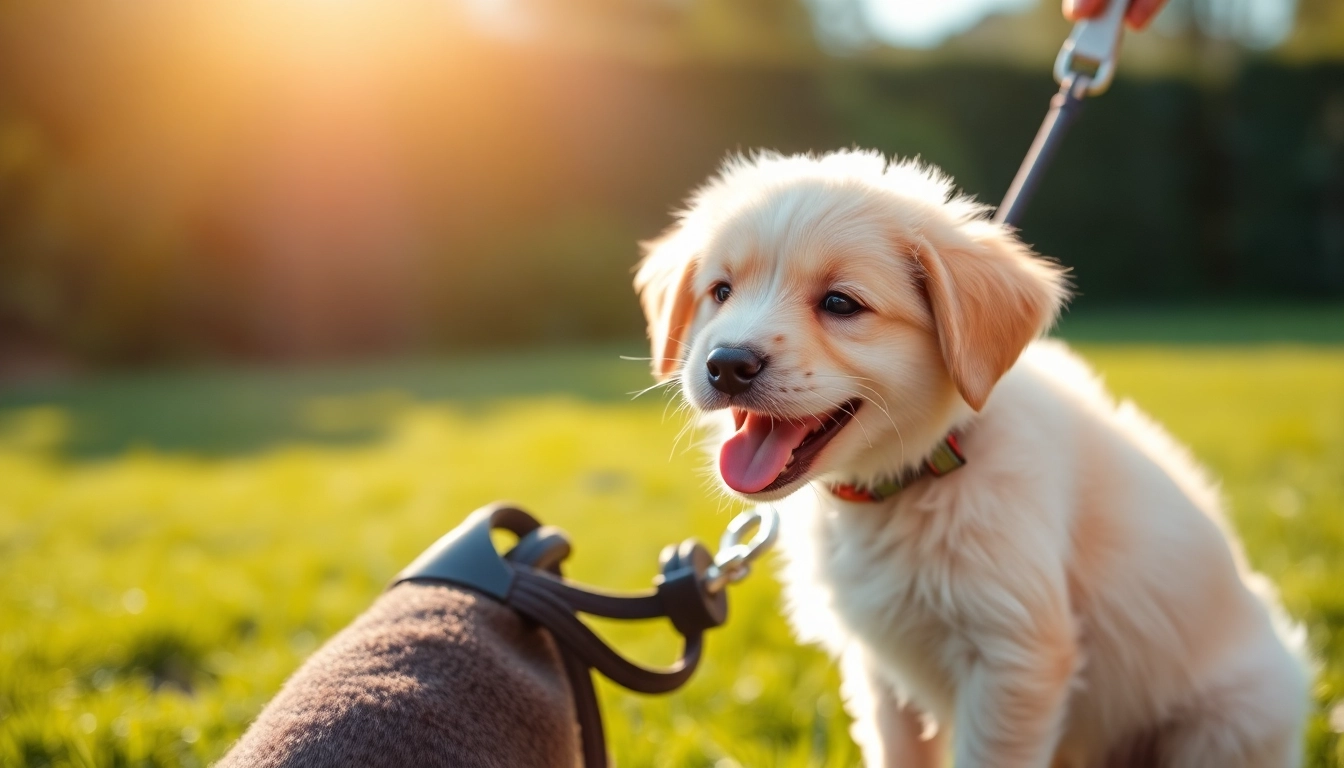
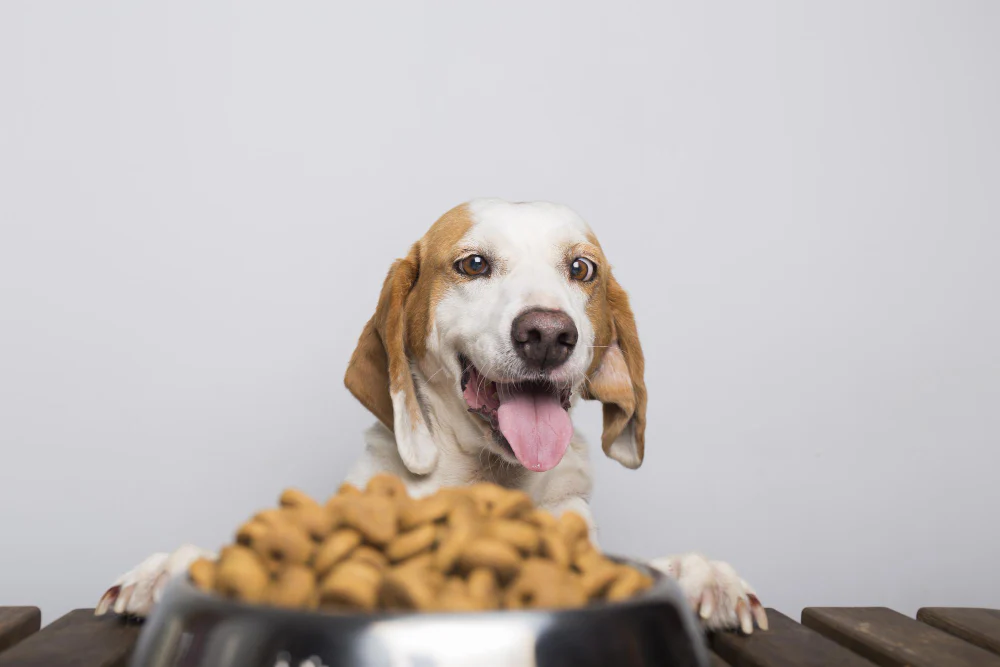
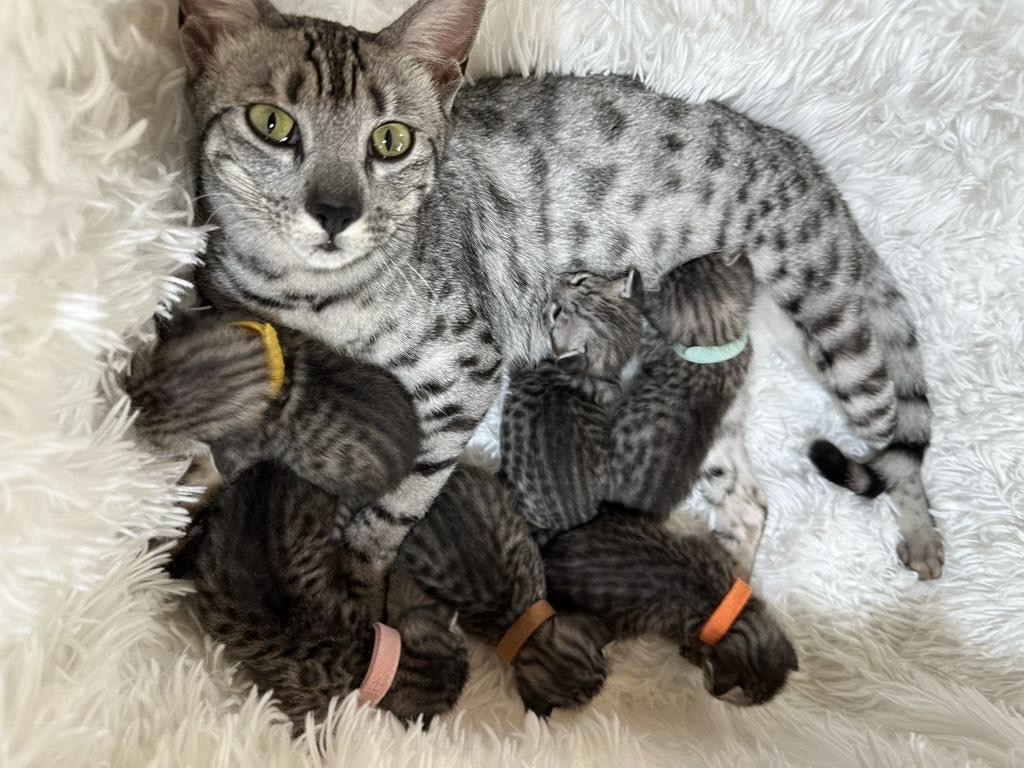

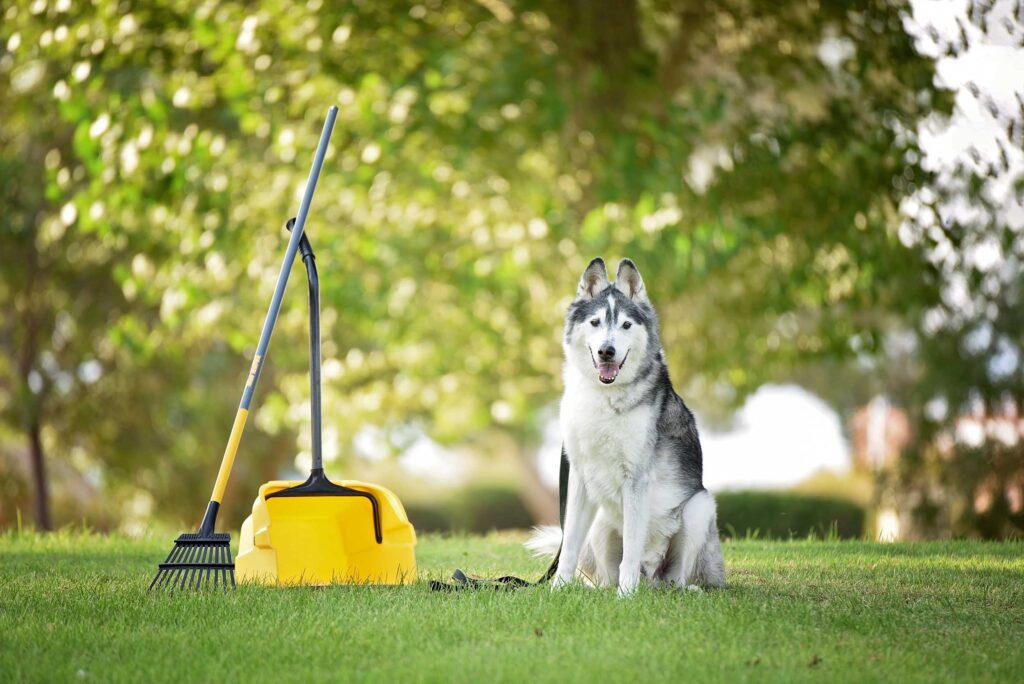
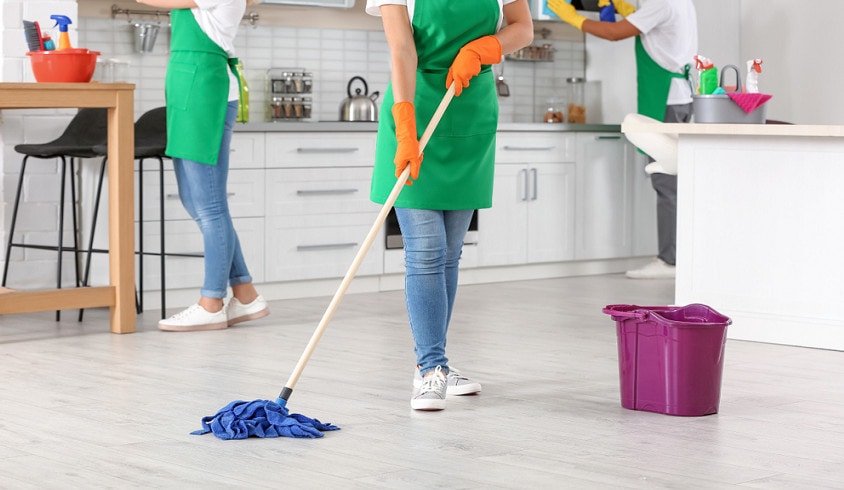


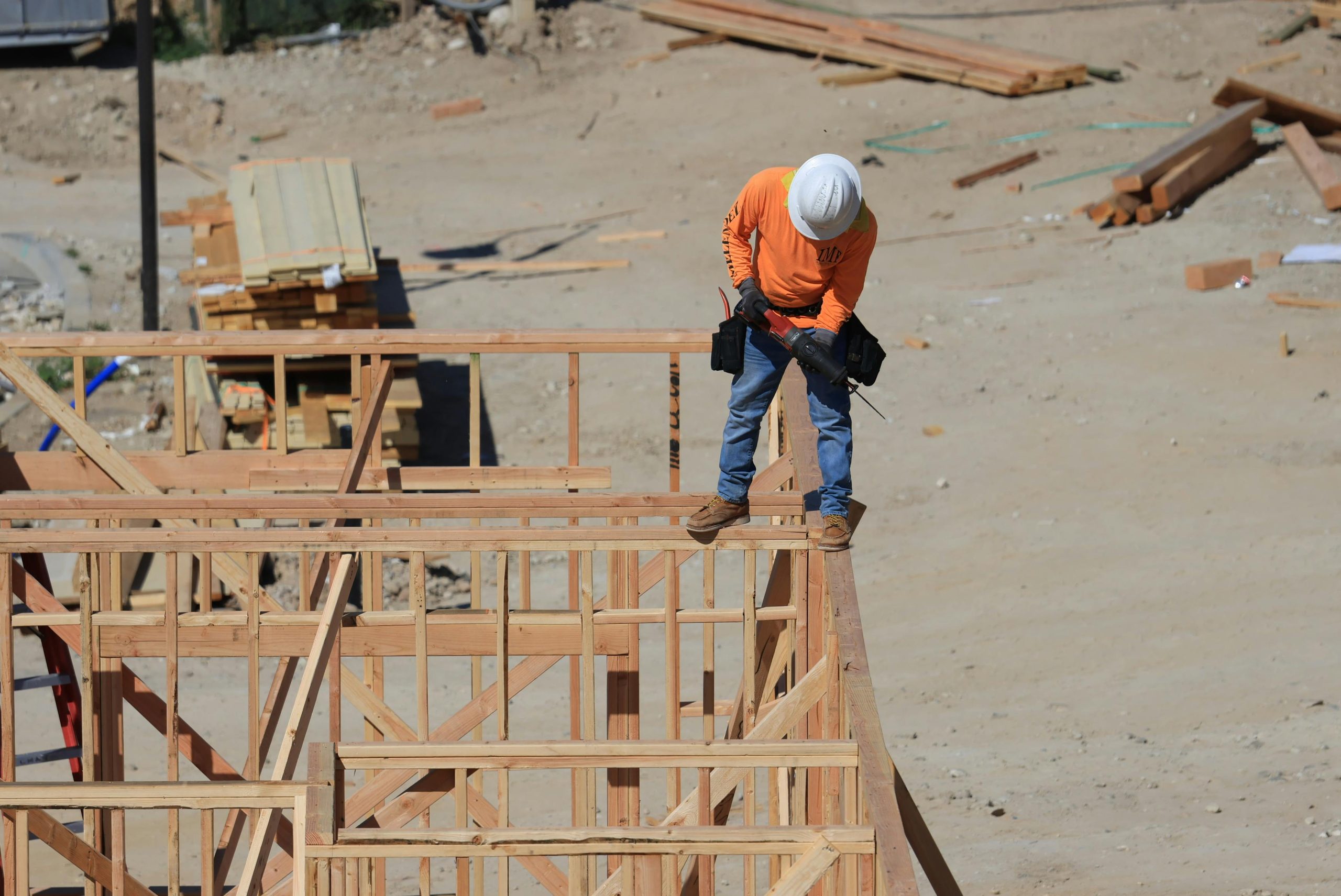
Leave a Reply